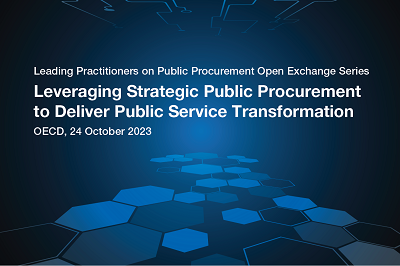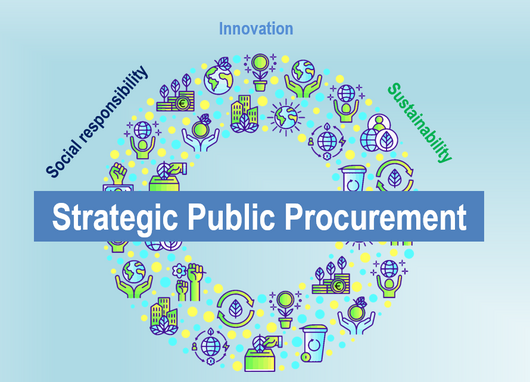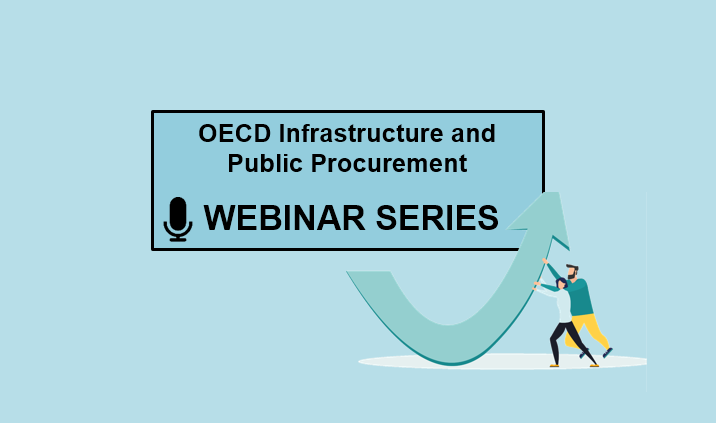Public procurement
Public procurement refers to the purchase by governments and state-owned enterprises of goods, services and works. As public procurement accounts for a substantial portion of the taxpayers’ money, governments are expected to carry it out efficiently and with high standards of conduct in order to ensure high quality of service delivery and safeguard the public interest.
MAPS: An assessment tool
The Methodology for Assessing Procurement Systems (MAPS) provides a tool which all countries can use to assess the quality and effectiveness of procurement systems.
Delivering basic services such as health, infrastructure and energy
Health
Existing estimates suggest that one-fifth of health spending could be channelled towards better use. Operational and governance-related waste in the health sector can be decreased by transparent and efficient public procurement of pharmaceuticals and other medical supplies.
Infrastructure and energy
Public procurement is used by governments to invest in public infrastructures which requirements are estimated at USD 71tn by 2030. Sound public procurement management can lead to substantial savings, enhanced productivity and improved services.
Ensuring good value for money through efficiency and integrity
Evaluation and efficiency
Large sum of public resources--thus taxpayers' money--spent on public procurement requires not only sound stewardship but also that it be carried out in an efficient way. In the pursuit of efficiency gains, governments continuously develop, implement and revise their procurement systems and various mechanisms and tools.
Integrity
Public procurement is one of the government activities highly vulnerable to corruption. The financial interests at stake, the volume of transactions and the close interaction between public and private sectors in the award of public contracts all pose risks to integrity.
Achieving innovative, social and environmental policy objectives
Green Procurement
By using their purchasing power to choose goods, services and works with a reduced environmental impact, governments can make an important contribution towards sustainability goals. High-impact sectors are: buildings, food and catering, vehicles and energy-using products.
Innovation
Public procurement offers an enormous potential market for innovative products and services. Used strategically, it can help governments boost innovation at both the national and local level and ultimately improve productivity and inclusiveness.
Socially Responsible Procurement
Governments can lead by example by incorporating responsible business standards (RBC objectives) in their purchasing policies and practices, to safeguard the public interest and ensure the accountability of public spending.
OECD Support
The OECD supports governments in reforming their public procurement systems to ensure long-term sustainable and inclusive growth as well as trust in government
Country projects
The OECD supports countries in reforming their procurement systems by assessing them and providing proposals for improvements as well as supporting tools.
Policy Dialogue
Find out about the networks working with the OECD on procurement:
Keep up to date with our latest news and assessments by subscribing to our regular newsletter:
| SIGN UP |
For more information, contact govinfoipp@oecd.org | Tweet #OECDprocurement







.png)



